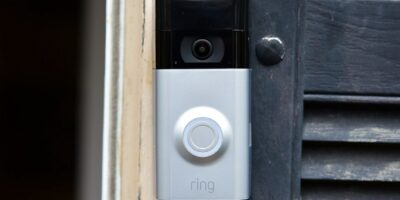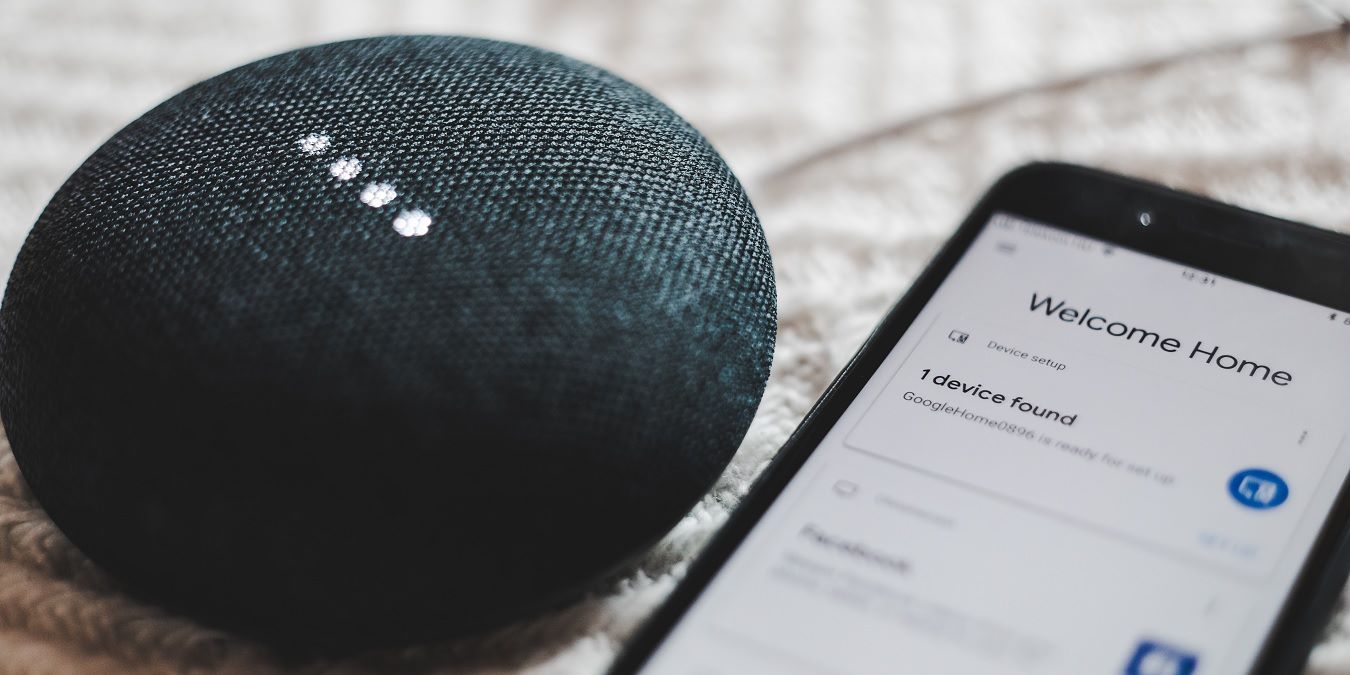
The demand for smart homes has significantly increased in recent years. Today’s smart home technologies are becoming cheaper and more common. Homeowners and renters alike are going for Alexa-based speakers, automatic lights, or intelligent air purifiers. Planning to buy a new TV or refrigerator? They will be smart by default.
The question remains: is it worth it in 2023? Our short answer is “Yes” as we look at the pros and cons of making your home smarter.
What Is a Smart Home?
Any house that has at least “one” piece of technology connected through remote control, smartphone, tablet or voice can be counted as a smart home. Such a technology should add real tangible value and improve access in the overall living space.

Do you have an Alexa-controlled smart speaker? That itself will not make your home any smarter. However, if you have a smart door lock or a video doorbell which can be controlled from anywhere in the world, then it’s definitely a smart implementation. Let’s look at the pros and cons of making your home smarter and see if the pros outweigh the cons.
Pros
1. Affordability
Just a few years ago, building a smart home from the ground up required a huge upfront investment by the end user. The devices you wanted to add were expensive. In a 2017 PCMag survey for US respondents, 34 percent thought that a smart home would cost them upward of $5000 which was too much. Most people also felt they needed a smart home consultant to guide them because of potentially huge refurbishing costs around the house.
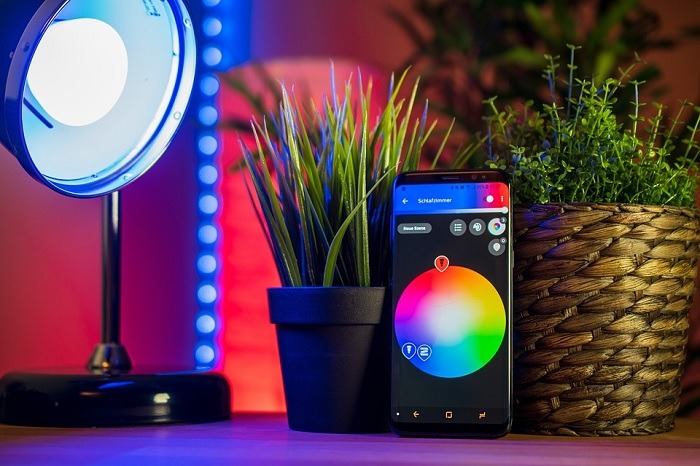
In 2023, the average smart home device costs have drastically come down as more and more companies entered the market. No matter what product you need, you get more choices now. A 3rd generation Echo Dot smart speaker, one of the basic tools to put together a smart home, is going for as less as $25. And considering many of these products are interoperable (see below) and based on DIY plug and play solutions, you no longer need a middleman or consultant.
2. Interoperability
Until recently, there were very few universal standards followed by connected home device-makers. In 2023, many are choosing to be interoperable in different ecosystems, so that no user is left out. The use of smart home hubs, and the application of widely compatible protocols such as Zigbee and Wi-Fi, are making it easy to add any newly purchased devices in the home network. As a consumer, you only need smart speaker voice instructions or an online app.
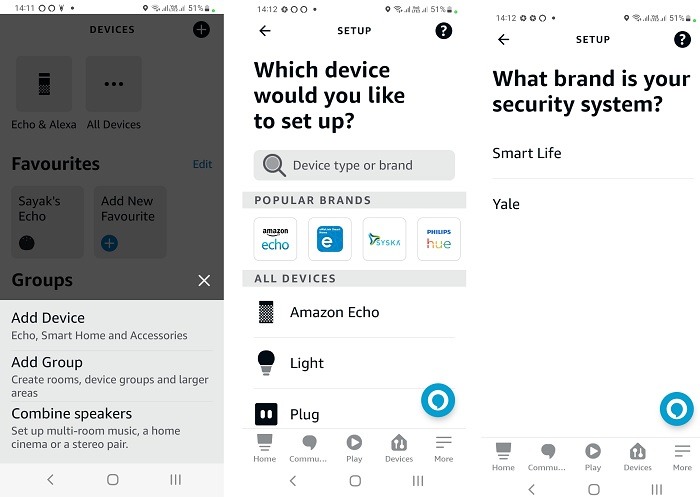
It’s not just limited to Amazon or Google. Even third-party apps are being cross-compatible to a large extent. Using a Tuya Smart app, you can easily integrate all your devices across Amazon’s Alexa and Google Nest ecosystems. Not only does this reduce the cost of integration but makes it easier to replace older devices as the new ones can fit in the exact same. Belkin (Wemo) devices are directly available at the Apple HomeKit marketplace.
3. Convenience
Asking why we need smart homes today is like asking why we needed Internet more than two decades ago. it is all about the convenience of doing things faster than before. A simple voice command turns off and on all the connected devices around you, frees you from touching common touchscreens, and plays you whatever you want to listen at the moment.
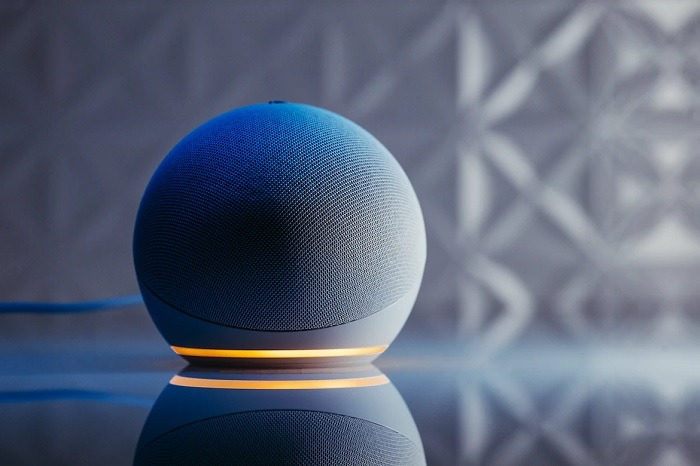
In the same way, having all your connected devices visible in a central smart app dashboard is just more convenient than checking on them individually. These smart and intelligent products have ushered in a new kind of ease of access that was previously unknown.
4. Wide Availability
The best part about the smart home revolution is how easy it is to arrange everything on your own online. There has been an exponential rise in top companies in the smart home space. A cursory look at Amazon, Google Home or other online stores gives you guaranteed access to the exact items you need. Looking for replacement or repairs? It is covered under purchase terms.
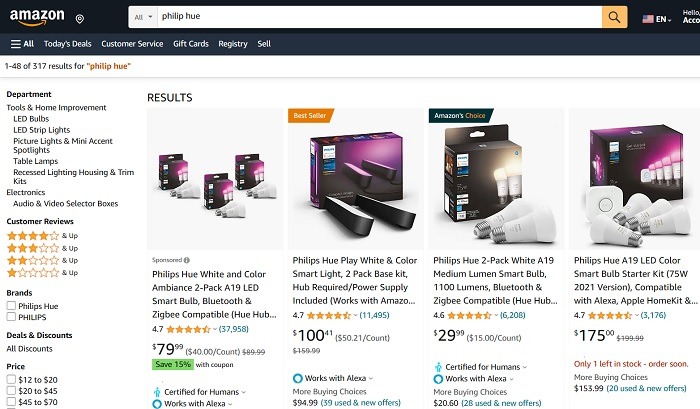
Do you want a proper recommendation? That’s what Alexa or Google Assistant is there for. Every Amazon purchase that can work with your smart home has a “works with Alexa” certification. Besides, both Amazon and Google Home have real time customer phone service with actual human support helping you integrate any compatible devices in your home.
5. Cost and Energy Savings
Most smart devices enable homeowners to recoup their investment in just a few months’ time. They are designed to utilize less electricity units than non-smart devices. Whether you bring in a Nest thermostat, Philips Hue lighting, Echo smart speakers, or smart consumer appliances, that translates into a lot of dollars saved over time.
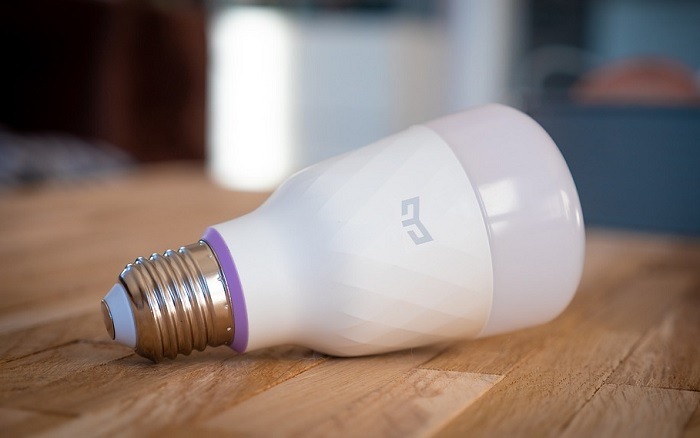
Smart air-conditioners such as LG ThinQ have an intelligent controller which reduces the electricity consumption by as much as 25 percent. You can imagine the savings during the hot summer months.
Cons
1. Power Outages
While massive blackout situations may be rare depending on your location, even a temporary power outage can be annoying. Your smart speaker will go offline, and you wouldn’t be able to use it for regular routine tasks, and skills. All those devices that depend on it will immediately turn off. Some devices are designed to remain operational under zero power but none of them for very long.
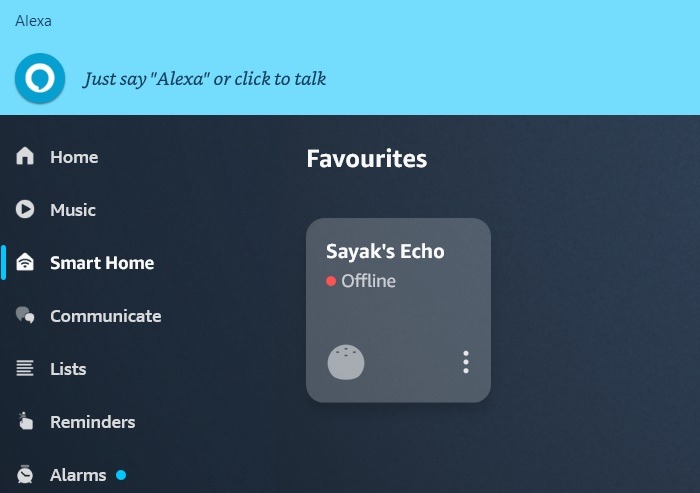
Bigger challenges may occur when using devices such as smart locks. If you do not know the emergency code, there is a chance you might get locked out of your own home and have to wait till the lights are turned back on. Equipment failures due to short circuits aren’t unknown either. It’s important to ensure that your home’s wiring is in good condition.
2. Smart Homes and Internet Data Consumption
Google Home and Alexa-enabled device use roughly 7 MB per day simply on standby and waiting for your instructions. Continuous usage for several hours a day can consume many gigabytes of data. Each new connected device you add to your network further contributes to the heavy data usage. It can also slow down the network speeds of your existing devices.

However, the onset of 5G is a game-changer in this regard. With starting Internet speeds of 500 Mbps and higher, it contains wider bandwidth to accommodate multiple devices in your home network. As 5G speeds become more widely available, data prices will further come down.
3. User Privacy Risks
Unlike non-smart devices, smart home gadgets continuously feed on personal data related to user preferences and habits. While they have a mechanism to delete the information by user, there have been past instances where the smart devices were caught spying on the users’ daily activities. There have also been well-published cyber-attacks and hacking episodes involving the Ring Doorbell, as an example.
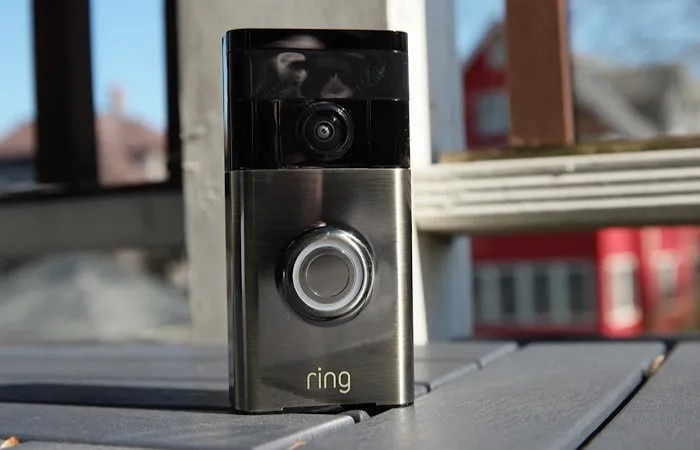
Ring Doorbells also came under the scanner for informing the Police by passing on surveillance data which they gathered for their customers, which was seen as a privacy breach. It is still relatively unclear the extent to which your smart home products can prove to be a privacy headache in future.
The Verdict
Having explored the pros and cons of smart home devices, we believe that consumer interest in these devices will continue to remain very strong. Many smart home devices in the consumer market are sold without being categorized as such. With access to faster Internet speeds, stringent privacy rules, and more compatible ecosystems, the disadvantages will be far less.
Therefore, we strongly believe that smart homes are totally worth it in 2023, and you should add the bits and pieces to make your own dream smart home.
Image credit: Bence Boros at Unsplash.








